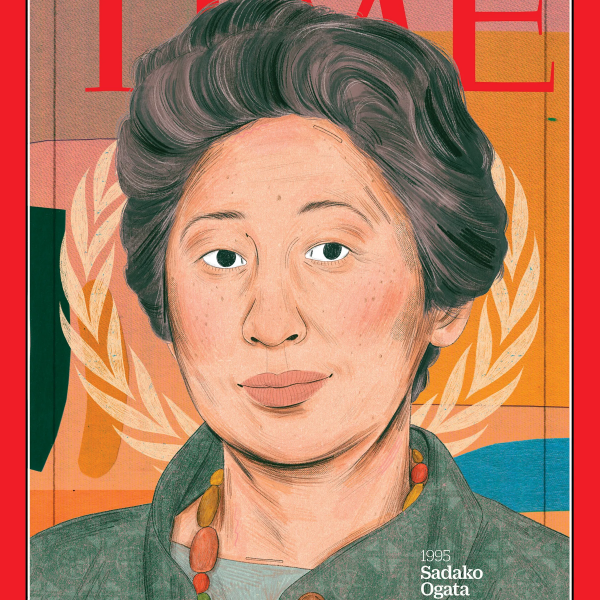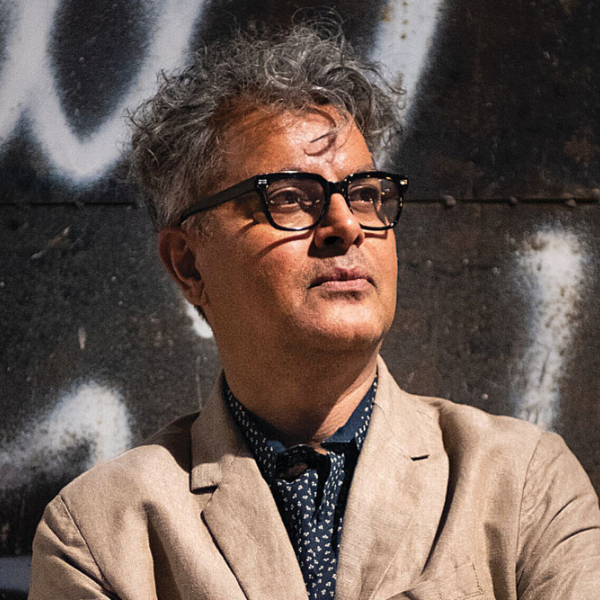What could a post-doctoral career outside the tenure track look like? PhD candidate Ena Selimovic returns from the Humanities Without Walls Pre-doctoral Workshop to share what she learned.
This past summer in Chicago, the Humanities Without Walls (HWW) workshop hosted 30 PhD candidates in the humanities from across the U.S. for an immersive learning experience on employment opportunities inside and/or outside academia. This workshop follows several such initiatives that center on reconceptualizing the humanities PhD and reimagining what a “successful” career looks like to include what is often called “alt-ac,” or alternative academic work.
The theme of this year’s cohort was “The Work of the Humanities in a Changing Climate.” Given the growth of the gig economy and freelancing, of hybrid academic positions, of swaths of jobs being lost to automation, of the predominance of digitized cultural forms, of continued unequal resource distribution — our guiding focus was both on how we might reimagine what it is we do in the humanities and how it is we can keep doing it, as well as how these new forms of work are being systemically pressed upon us.
Reconnecting with our humanities work.
Much of what initially united the 30 of us were shared concerns in the life of a graduate student. While some of these concerns were not unanimously shared, here are the most common: work and life can become coextensive; stipends are limiting; funders favor STEM fields; tenure-track jobs are few and far between, yet we know little about other options; non-tenure-track jobs are stigmatized and often carry the sense that the 5–8 years one typically spends on their PhD work then seem “wasted”; the fear that the primary output of our work in academia (papers, articles, dissertations) doesn’t necessarily speak to a wide audience, though all of our research has a social-justice lens.
On the first day of HWW, it became clear that we needed to remember why we were in a humanities PhD program. This process entailed reconnecting the personal with the academic. Where we were from, where our community was, why we decided to attend graduate school: These were questions that revealed parts of who we were in the world, including academia. A wide range of ages were represented in answering the question presenter Megan Stielstra posed to us: “How old were you when your current research topic became important and secure to you?” Then she asked a series of additional questions: Why is your project important now? Who is your audience? What other forms can the project take? What support systems do you need to set up for yourself to feel good about your work? This process of questioning helped us regain a sense of agency. Because we had essentially chosen this work, how could we better clarify why we had chosen it, why it was significant, and why we wanted to continue this work?
Translating our humanities work.
Once we regained our excitement and connection with our work, we took on the challenge of translating this outside of our immediate project, course work or dissertation. Through repeated practice describing our project for a minute, each time to a new person (role-playing as a colleague, a grant writer, a nonprofit with a social-justice lens, the chair of a student-centered teaching institution), we started to think about how we could position ourselves in multiple ways. We did this with job advertisements as well, learning each time to stress what we could offer to that specific job rather than what we can offer generally.
At this point, many of us hit a wall. It was hard to translate the vocabulary of our fields to widely varying audiences without using vague descriptors. We realized we didn’t have the skill for making our skills legible. Mearah Quinn-Brauner, associate director of graduate and postdoctoral professional development at Northwestern University, led us in this exercise through an example of one of the most transferable skills we have that is least often made concrete on a résumé: teaching experience. When asked what being a teaching assistant entails, we could come up with the obvious: teaching, writing, lesson planning, grading, meeting with students. She responded, What about coordinating with a team? And organization? And public speaking, the ability to communicate complex concepts to beginners in the field, research, writing, interpersonal skills, problem solving, evaluation of progress over time, diplomacy, supervision, leadership, relationship management — to name a few more? Looking at job descriptions, we did this with each word that implied certain skills were needed to determine which transferable skills to highlight in our sample résumés and cover letters.
Finding non-tenure-track opportunities.
Where, you might ask, are these transferable skills being transferred to? Given that about 85 percent of jobs come from networking and aren’t even posted online, we have to look to multiple avenues for employment opportunities. First, we were advised, channel your institution’s resources: career services, teaching center, humanities center, colleagues and faculty, alumni network. Find organizations where you could intern or volunteer. Experiment with freelancing. Make appointments for informational interviews with people both inside and outside the tenure-track system, in positions you are and aren’t interested in. Physically immerse yourself by going to the locations of the organizations you may want to work with.
If you still don’t see your dream job, make your job. Many of the presenters we spoke with crafted their job in some way, whether by making it a hybrid academic position and channeling the existing infrastructure or starting a new organization if it was absolutely necessary and viable. (We met with many exemplary people who lead research-driven projects and collaborations of their own making, including Carlos Tortolero of the National Museum of Mexican Art, Eric Williams of the Silver Room and Liz Garibay of History on Tap.) Research the wide variety of funding resources in similar projects, municipal and federal governments, institutions, corporations, foundations and individual donors.
Before anything else, in order to keep the humanities alive, we need to reframe our conceptions of non-tenure-track opportunities. Calling careers in the humanities outside of the tenure-track system “alt-ac” risks creating a false binary, as if “alt-ac” strictly referred to professionalization and marginalized intellectual inquiry. In this changing climate, we need to reevaluate what is at stake when we marginalize any opportunity for giving our work a more public voice. To begin the work of quantifying the unquantifiable, a new challenge of our data-driven age, we need to welcome humanities projects — in large numbers, in different forms.





